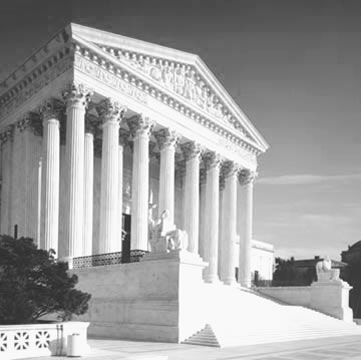Have you ever wondered how affirmative action affected your chances of getting into school? Admittedly, not many people go to their friends and say:
“Gosh, Bob, I wonder how affirmative action will affect my chances of getting into UMass Boston.”
Nevertheless, it’s times like these that some of us are extra glad to have a name like “Gulet Shirdon” or “Neha Garg.” Even a name like “Phuoc Do” (Pronounced: “Phuoc Do”) finally gets its day in the sun when applying to college.
So, it might come as quite a surprise to know that being a minority doesn’t actually increase a person’s chances of getting into UMass Boston.
According to Kathleen Teehan, vice chancellor of Enrollment Management, that type of awareness isn’t necessary when it comes to applying for an education, since UMass already has such a diverse community.
But outside of UMass Boston, it’s an unfortunate reality that such measures are necessary.
Affirmative action programs might best be described as an outgrowth and continuation of a national effort to remedy the disparity of minorities and women within the academic and professional worlds. It is used to address discrimination and to empower the disadvantaged.
And it’s working: According to an affirmative action review done during the Clinton administration, it was found that over the past three decades, minorities and women have made real, indisputable economic progress.
Sylvia Beevas, assistant coordinator at the Black Student Center, certainly agrees: “It just takes generations to pass for things to get better and better. And I think we’re getting more educated, more of us are getting professional jobs, and I think by the next generation, we will have advanced quite a bit.”
But some – President Bush in particular – would argue that an admissions policy based on race is a form of discrimination. That’s why the Bush administration has filed a brief with the Supreme Court, arguing that the University of Michigan’s admissions policies are unconstitutional because they use race as a factor.
If UM’s admissions policies are ruled unconstitutional, it could dramatically affect the admissions policies of most universities throughout the nation.
“I strongly support diversity of all kinds, including racial diversity in higher education. But the method used by the University of Michigan to achieve this important goal is fundamentally flawed.”
He argues that, “At their core, the Michigan policies amount to a quota system that unfairly rewards or penalizes perspective students, based solely on their race.”
UM President Mary Sue Coleman disagrees. “We do not have, and have never had, quotas or numerical targets in either the undergraduate or Law School admissions programs,” she stated in a response to Bush’s January address.
“Academic qualifications are the overwhelming consideration for admission to both programs.”
According to the university’s website, UM’s undergraduate admissions process involves scoring an applicant based upon a variety of criteria. Out of a possible 150 points, high school GPA accounts for a maximum of eighty points.
Despite his opposition towards using race as a factor in college admissions, Bush claims to support racial diversity in higher education: “Systems in California and Florida and Texas have proven that by guaranteeing admissions to the top students from high schools throughout the state, including [those in] low income neighborhoods, colleges can attain broad racial diversity.”
In effect, Bush is a proponent of “percent plans,” where a set percentage of top-tier graduates from local high schools are guaranteed admission to state universities; he believes such a system can result in levels of minority attendance that are close to those using affirmative action.
But critics of percent plans argue that there are several things inherently wrong with such a system:
* The inability to create diversity beyond the undergraduate program.
* Percent plans ignore several mitigating factors, such as the quality of high school curriculum and the difficulty of the courses taken by students.
* Such a plan works best in areas where many high schools are racially segregated. Percent plans might actually encourage segregation at the high school level.
Asked for his opinion on percent plans, Madison Thompson, Director of the Affirmative Action Office at UMass Boston, stated, “One of my issues with doing away with affirmative action is that it has been the most effective tool for bringing some sort of parity within our society, imperfect though it may be.”
“And Bush has admitted that there is still disparity within our society, yet he wants to get rid of the one tool that has had some impact,” he said. “Take away affirmative action: now where’s the incentive to do the right thing?”





















































